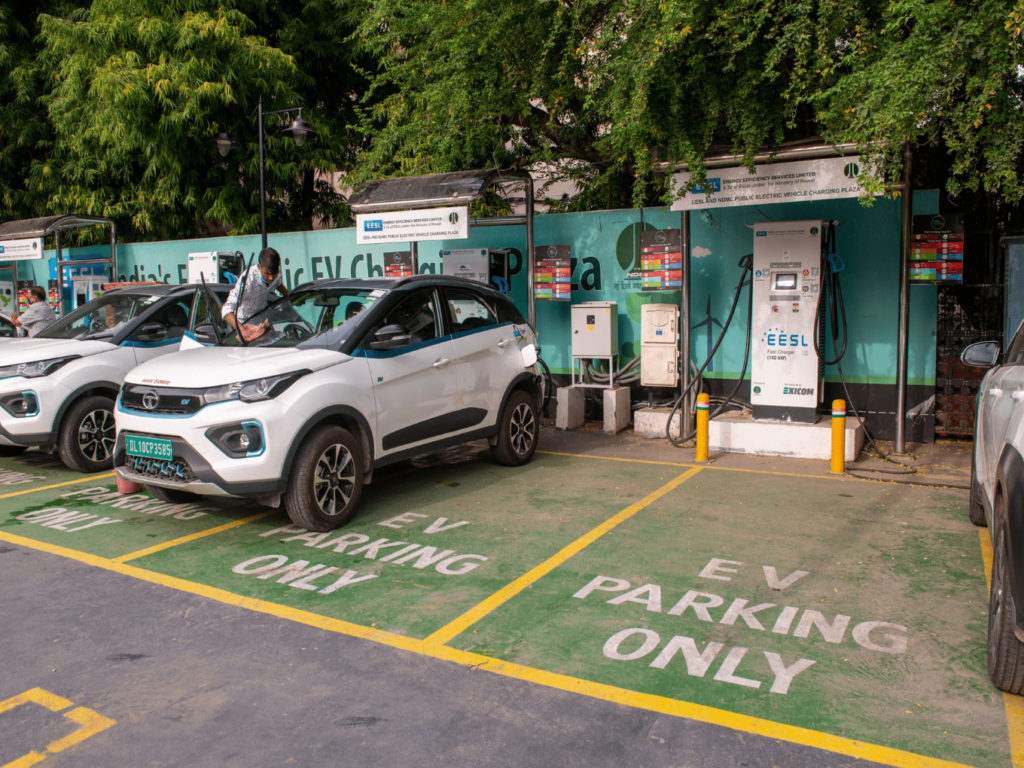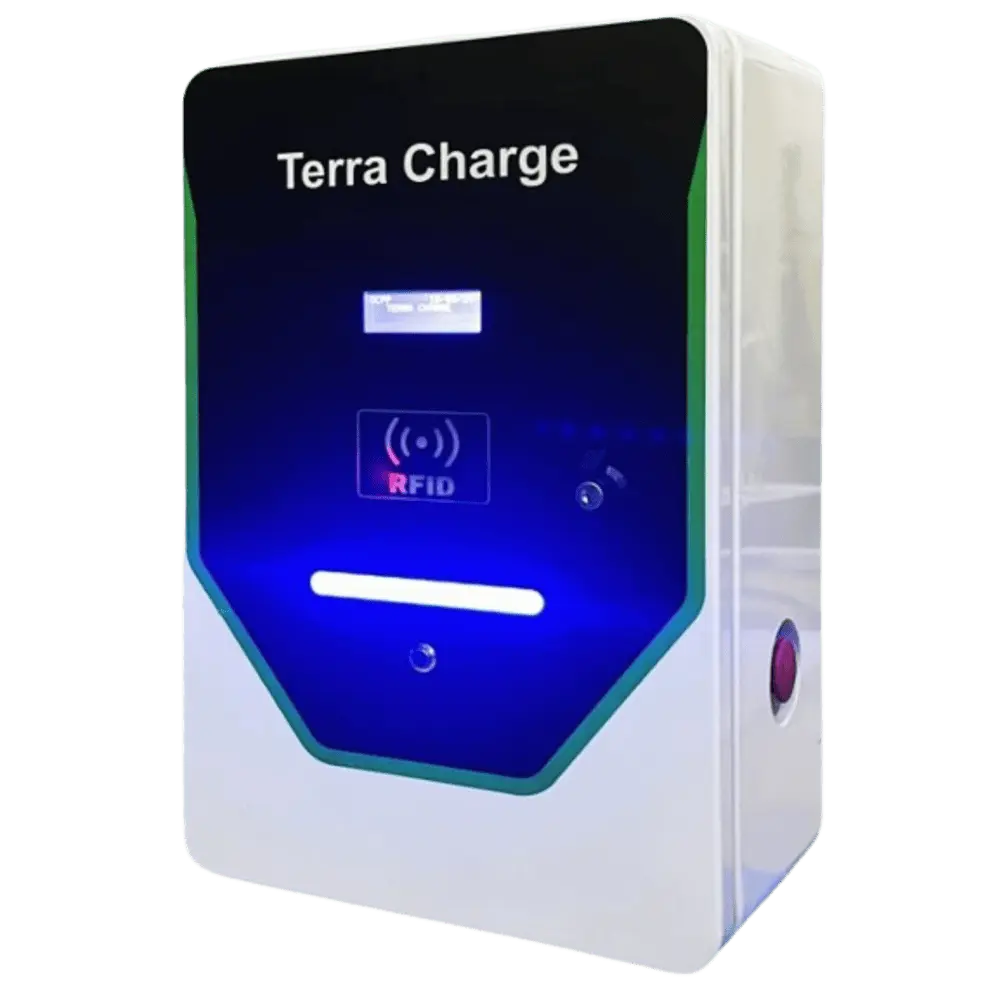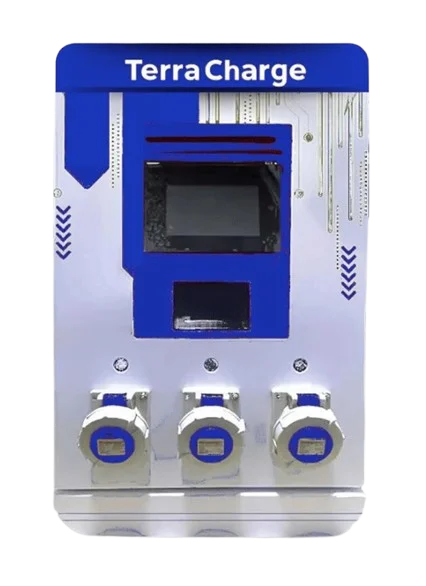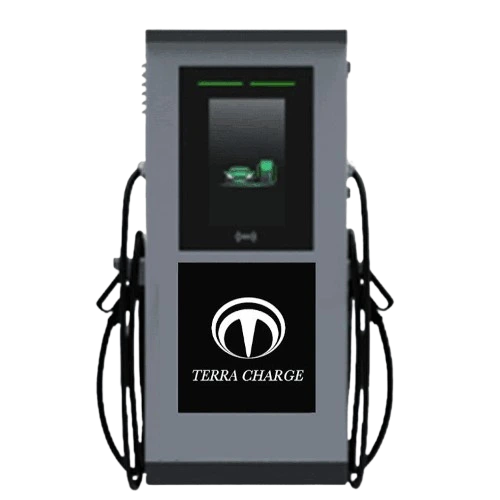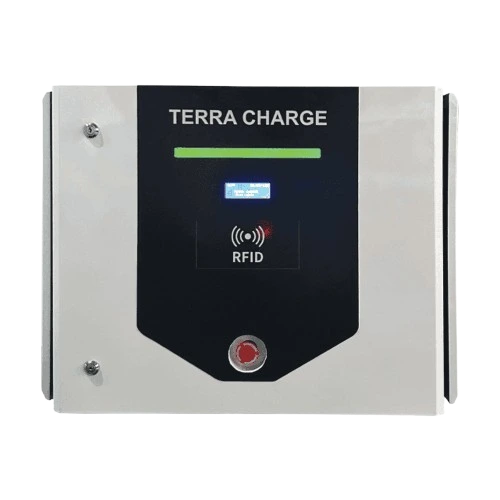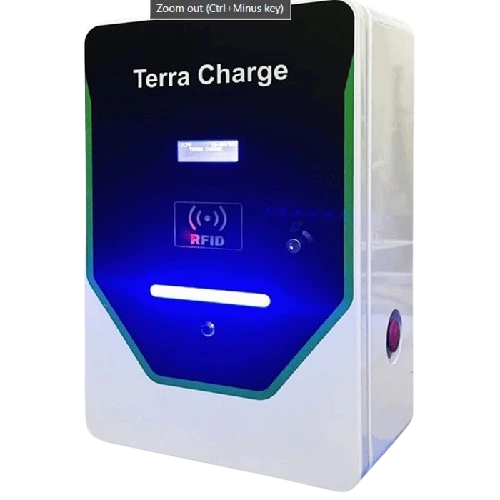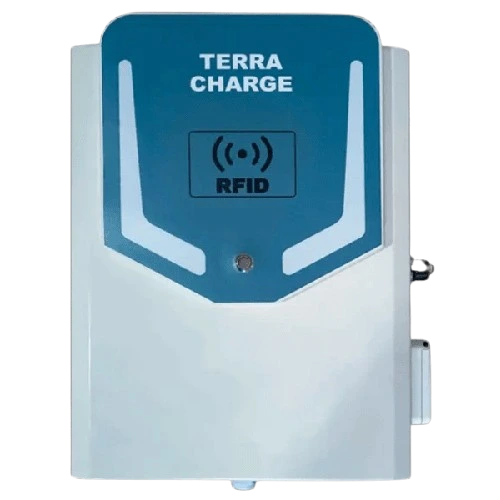The electric vehicle (EV) revolution is gaining momentum in India, with the Tata Nexon EV being a popular choice among those looking to switch to eco-friendly driving. However, a common question for potential EV owners is: How much does it cost to charge an electric car? This blog post dives into EV charging costs in India, specifically focusing on the Tata Nexon EV.
Understanding EV Charging Costs
Unlike fueling a petrol or diesel car, EV charging involves electricity units and infrastructure. The cost of charging your Nexon EV depends on several factors:
- Electricity Cost: The price per unit of electricity varies across states in India. It’s crucial to consider your local electricity tariff when calculating charging costs.
- Charging Type: There are three main EV charging methods:
- Home Charging (AC Slow Charging): This is the most affordable option, typically done overnight using a dedicated EV charging station installed at your home.
- Public AC Charging Stations: These stations offer faster charging than home chargers but may have slightly higher costs per unit.
- DC Fast Charging Stations: These stations provide the quickest charging but are often the most expensive option due to higher per-unit rates.
- Battery Capacity and Usage: The battery size of your Nexon EV and how much you deplete it before charging will affect the total cost. A larger battery or more frequent charging will naturally increase the cost.
Nexon EV Charging Cost Estimates
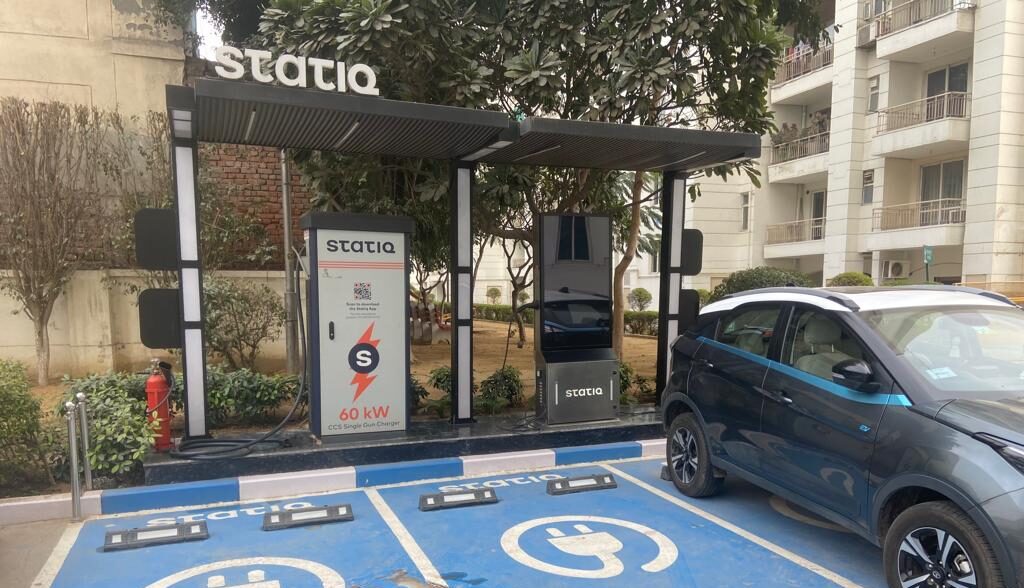
Here’s a breakdown of estimated charging costs for the Nexon EV:
- Home Charging: Assuming an average electricity cost of ₹6.5 per unit and a full battery charge requiring 35 units, a full charge would cost around ₹227.5. This translates to a running cost of approximately ₹0.42 per kilometre, based on the Nexon EV’s ARAI-certified range of 465 km.
- Public AC Charging Stations: Costs vary depending on the service provider, but generally range between ₹7 and ₹10 per unit. With this range, a full charge could cost between ₹245 and ₹350.
- DC Fast Charging Stations: Fast charging stations typically have the highest rates, sometimes reaching ₹15 or even ₹24 per unit. A full charge using a fast charger could cost anywhere from ₹525 to ₹840.

Benefits of Home Charging
Home charging is the most cost-effective way to keep your Nexon EV running. Here are some additional benefits:
- Convenience: Charge your car overnight while you sleep, ensuring it’s ready to go in the morning.
- Lower Costs: Home charging offers the most economical battery replenishment.
- Control: You have complete control over the charging process and can schedule charging during off-peak hours when electricity rates might be lower.
Finding Charging Stations
Several resources can help you locate EV charging stations in India:
- Charging Station Apps: There are dedicated apps from charging network providers like Tata Power and Fortum Charge & Drive that display station locations and real-time availability.
- EV Aggregator Platforms: PlugShare provides comprehensive maps with EV charging station details across India.
- Car Manufacturer Apps: Tata Motors likely has an app for its EV owners to help locate charging stations compatible with the Nexon EV.
Additional Factors to Consider
- Government Incentives: The Indian government offers subsidies and tax benefits for EV purchases, which can significantly reduce the overall cost of ownership.
- Charging Infrastructure Development: The EV charging infrastructure in India is rapidly expanding, making it easier to find charging stations on the go.
- Maintenance Costs: EVs generally require less maintenance than petrol or diesel vehicles, leading to long-term savings.

Conclusion:
Charging an EV like the Tata Nexon EV can be significantly cheaper than fueling a traditional car. Home charging offers the most cost-effective option, while public charging stations and DC fast chargers provide flexibility for on-the-go needs. As the EV ecosystem in India continues to grow, charging costs are expected to become even more competitive, making electric vehicles a compelling choice for environmentally conscious drivers.
By carefully considering your charging options and using available resources, you can ensure an enjoyable and cost-effective electric driving experience with your Tata Nexon EV.


